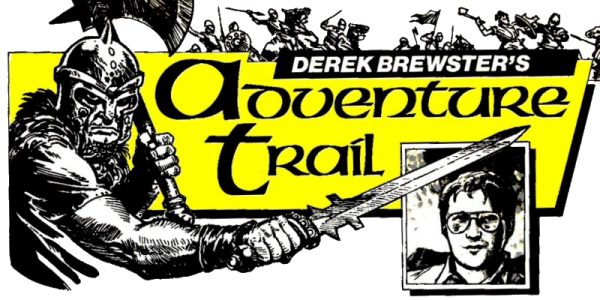

It is standard practice (now that the few professional software houses who used to pay royalties quickly have left the games side of the industry) for a programmer to be paid many months after a game has been submitted to a software house. This can prove annoying to a full-time programmer but is, admittedly, common practice in parallel industries, for example, book publishing.
A more recent turn of events, however, is rather worrying; some software concerns are commissioning several versions of a blockbuster and only paying the one, final, winner with no money going to the luckless programmers who produced the less favourable versions. Worse still are some houses who are so devious, or unprofessional, as to make an offer for a game under fierce competition only to reject it much later when the game has lost some of its topicality. Such foul play leads to suspicions of double dealing on the part of the software houses. Tactics such as delaying competitive releases, or even pinching program ideas, can’t be ruled out. It would be a good thing for programmers to honestly exchange notes on which software houses are unreliable or unprofessional, as such information might help bring programming on to a more secure footing and help eliminate rumours which do no-one any good.
Because of the uncertainties over payments for programmers they will be much more reluctant to spend large amounts of time on one mega-game and so churn out many smaller, less innovative, programs. Ironically, the churning out of conversions can be more lucrative than good innovative programming. Hence, it may well be that programmers will be less inclined to push the Spectrum to its limits, a thought which should sadden any Spectrum owner.